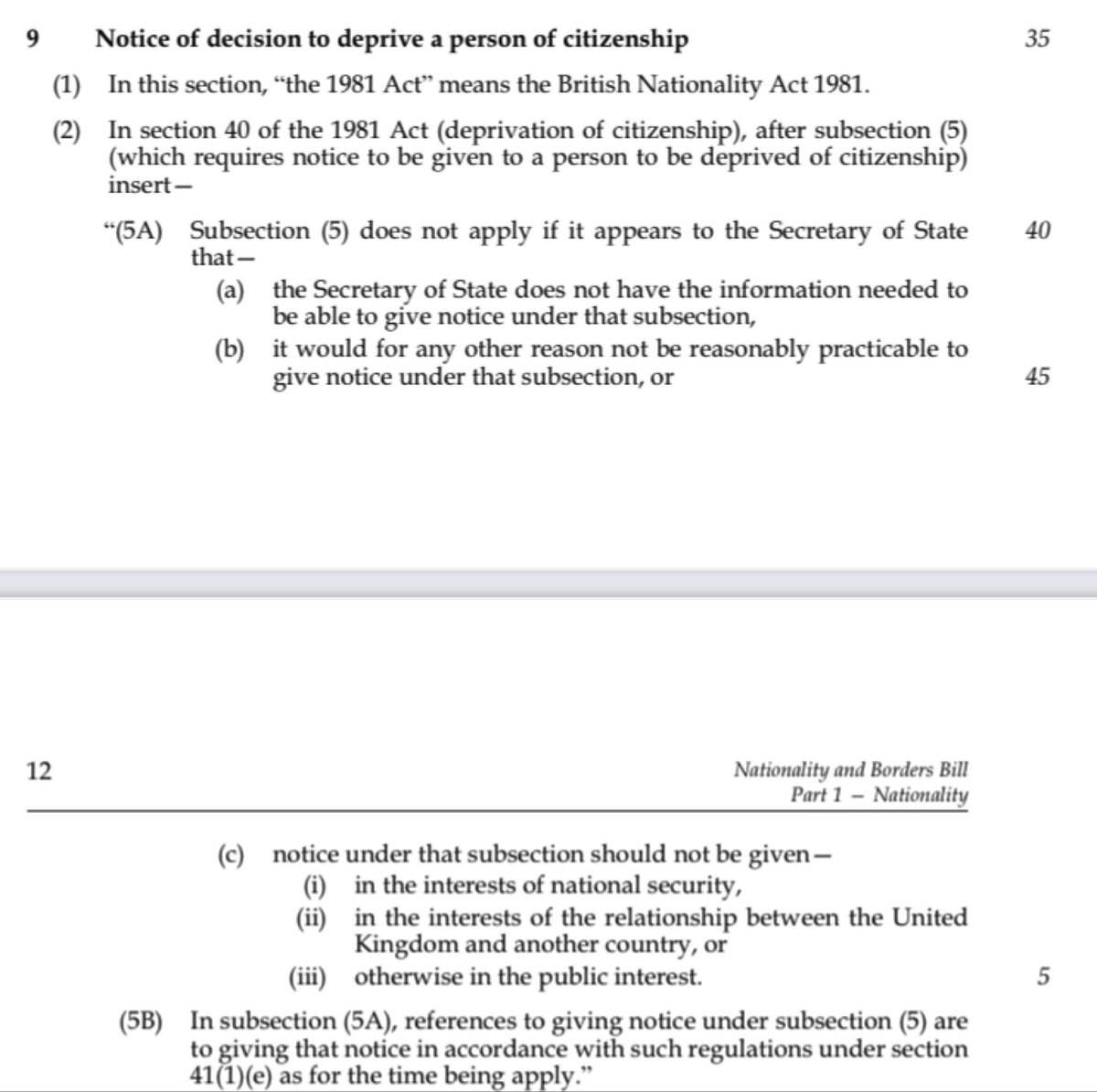
I know people don't like Insulate Britain's tactics but we also need to consider 'persons unknown' injunctions are a kind of private criminal law system available to companies and public authorities who get to draft laws (if approved by courts) and then bring private prosecutions
https://twitter.com/AdamWagner1/status/1460964258028662786
This is fundamentally different to our democratically elected lawmakers voting in new criminal laws through parliamentary process. Injunctions are usually unopposed, little or no debate over the impact on rights to protest, sentences of up to 2 years imprisonment if you breach
The reality is that parliament's approach to obstructing the highway has been that prison sentences are not available. Rather than change the law through parliament, the department of transport obtained a private injunction.
You may think that's all well and good because Insulate Britain needed to be stopped from blocking highways, I am not commenting there, but this is in a sense a subversion of the usual way criminal laws are developed and we should face up to that too.
• • •
Missing some Tweet in this thread? You can try to
force a refresh




